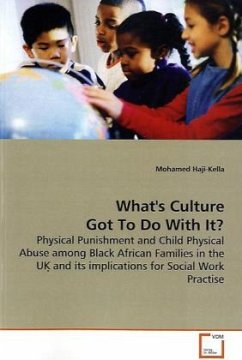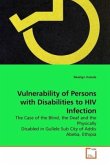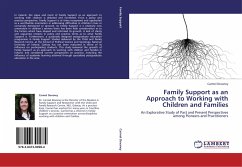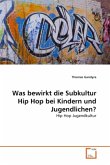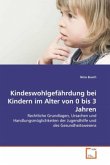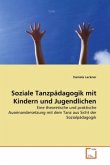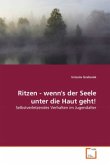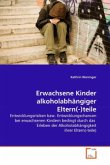Distinguishing physical punishment from child
physical abuse is considered one of the most
contentious issues among Child Protection
practitioners in the UK. This becomes even more
complex when it is associated with culture and
parenting practices.
In most Black African and other Minority Communities,
physical punishment is considered an integral part of
parenting. Most parents using such method are often
unsure of the extent to which
physical punishment of children becomes unlawful and
how far does such a law mitigate against their
culture and parenting practices.
This small-scale study attempted to explore these
dilemas and to try to understand the attitudes and
experiences of african prents in using physical
punishment as a parenting method. The study also
oulined the current UK legislation and the emerging
debates among child protection practitioners and pro-
parent organisations.
The study concludes by drawing out the relevant
implications for Social Workers practise from an
intercultural Learning perspective.
physical abuse is considered one of the most
contentious issues among Child Protection
practitioners in the UK. This becomes even more
complex when it is associated with culture and
parenting practices.
In most Black African and other Minority Communities,
physical punishment is considered an integral part of
parenting. Most parents using such method are often
unsure of the extent to which
physical punishment of children becomes unlawful and
how far does such a law mitigate against their
culture and parenting practices.
This small-scale study attempted to explore these
dilemas and to try to understand the attitudes and
experiences of african prents in using physical
punishment as a parenting method. The study also
oulined the current UK legislation and the emerging
debates among child protection practitioners and pro-
parent organisations.
The study concludes by drawing out the relevant
implications for Social Workers practise from an
intercultural Learning perspective.

